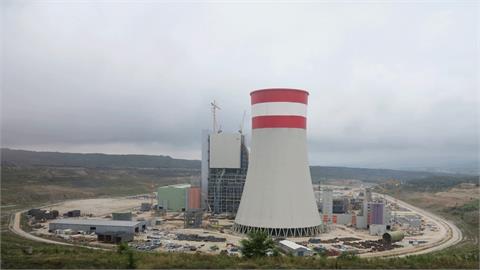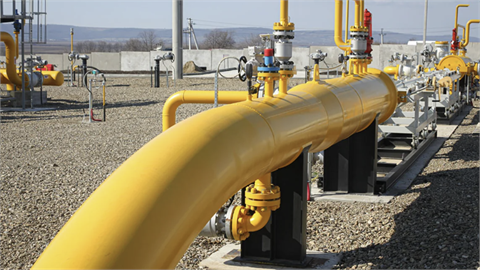Chemical industry facing 'demand crisis'. China to account for 50% of chemical demand by 2030. US IRA will attract energy transition investments away from Europe
The recovery of China's economy is the only major bright spot visible for 2023, according to Martin Brudermüller, BASF's chairman and CEO.
"I see only one positive spark as we look forward this year, and that is China coming back," Brudermüller said March 22, speaking at the World Petrochemical Conference by S&P Global in Houston.
"If you look into their second quarter, the mood is getting better already," he said. "It comes from the fact that after the Chinese New Year, the second wave of COVID did not come. So I hope that we have a situation a little like in 2008, where actually China was bailing out the world."
Brudermüller, speaking at a panel discussion with Dan Yergin, vice chairman of S&P Global, and Jim Fitterling, CEO of Dow, described the chemical industry, along with the global economy, as "now slipping into a demand crisis. Because the backlog of COVID has gone, you see now that people, with inflation, are spending less, buying less goods, and less chemicals. That's how we started this year. Overall we have a pretty difficult environment."
The Russia-Ukraine war can be viewed as a "local conflict" in the middle of Europe -- but with "massive repercussions all over the world, questioning energy supply, supply chains, totally reshuffling energy prices and a lot of other questions," Brudermüller said.
The geopolitical environment between Western governments and China also concerns him, he acknowledged.
Although there is "a lot of stuff we don't like that's happening in China, on the other hand, you only can solve global problems together with China," he said. "If you think about decarbonization, how should we achieve it without China? Yes, we can step up competitiveness, and yes, we can also criticize certain things, but the third thing is cooperation."
In 2030, China is forecast to represent about 50% of the global chemicals market, Brudermüller said.
"If you are conservative and you plan for something like 4% GDP growth for China -- which is on the low side -- you conclude that 75% of the additional chemical demand generated until 2030 is from China," he said. "So for that reason, can we abandon 50% of the market? This is the fundamental question... There is a risk to being in China, but there's also a huge risk not to be in China."
Relearning supply chains
Fitterling highlighted that about 30% of petrochemical exports currently flow from the US to China. "The increment of growth is higher in China," he said.
Fitterling also flagged the long-term lack of investment up until now in US manufacturing.
"We want to have a growing manufacturing economy here in the US ... but until the shale gas revolution, we weren't interested too much in having a growing manufacturing economy here," he said.
"Now you've got to relearn what the supply chains are for that manufacturing economy," Fitterling said. "[The US] has an aspirational policy, which says we want to reshore manufacturing, but now we have some realities we've got to deal with, which is we don't have the natural resources to support that. It's not that the aspirational policy is wrong, but if you get yourself too far ahead on the aspirational side, you can't afford it."
If foreign policy starts to cut off relationships, "you're just hurting yourself," he added. "You're hurting all of the industries that have now become dependent on China. So it's a tough balancing act to manage right now."
IRA reaction
Brudermüller also said the US Inflation Reduction Act reflects "fundamentally different philosophy behind policies" between Europe and the US.
"Europe generates a regulatory framework to enforce transformation," he said. "The Americans generate a business case to facilitate transformation. The major difference is that the Europeans take a lot of taxpayers' money to fund your capex, while the IRA goes on [operating expenses] ... this is certainly the better model to accelerate."
Brudermüller described the IRA as a "wake-up call. Everyone got the message quite quickly," he said.
The IRA scheme is easy to understand and will attract investments, including investments away from Europe.
"If you don't have predictability in Europe, about chemical law, energy cost, and permitting processes, which is making you hesitant to invest," Brudermüller said. "And the market is slow to grow. That's why some of the projects will move to the US, and that is certainly an alarm bell for Brussels."
(spglobal.com, 23 March, 2023)




